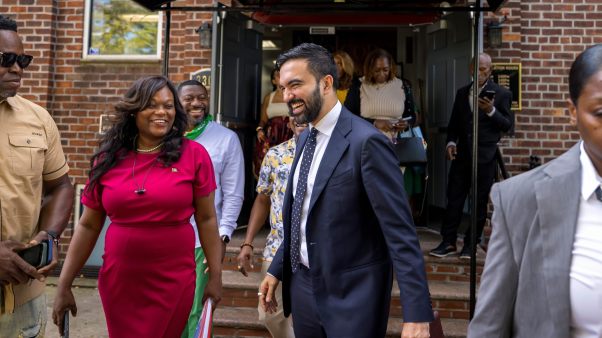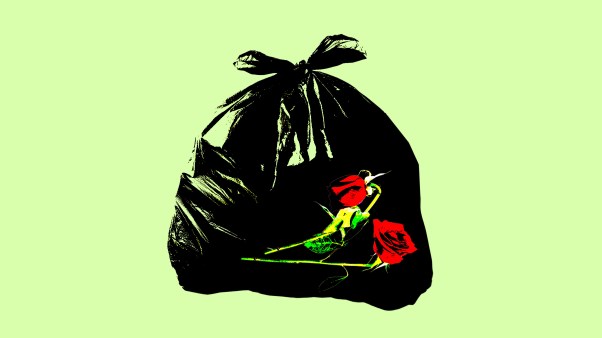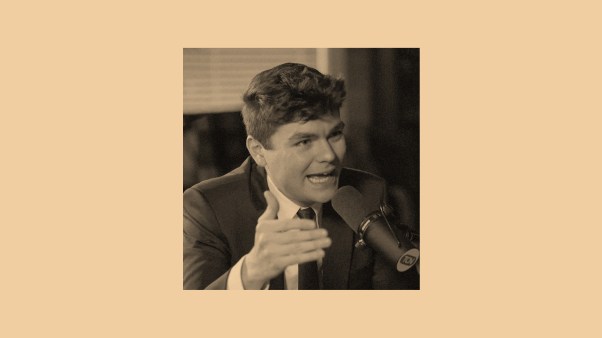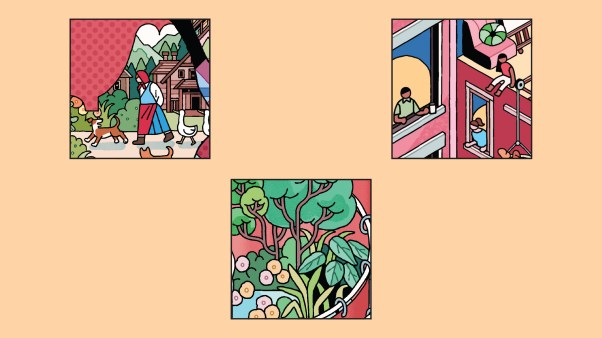Religious and political leaders joined together in Abidjan’s largest stadium in November to remember those who had perished in the violence that accompanied the presidential elections. It was a day of mourning for everyone in this West African nation.
The elections held on October 22 should have produced a president elected by the people following almost a year of military rule. But when it became obvious that General Robert Guei was losing to Ivorian Popular Front leader Laurent Gbagbo, the general dissolved the electoral commission and declared himself the winner on October 24.
The next day, people loyal to Laurent Gbagbo took to the streets to contest the decision. About 100 people were killed and a further 200 injured by the “Brigade Rouge” (Red Brigade) loyal to Guei. Guei fled the country and the military then sided with Gbagbo, who declared himself the elected president on October 25.
The response of former prime minister and leader of the Republican Party, Alassane D. Ouattara, was to call on his supporters to contest this latest outcome.
“Early in the morning of October 26, supporters of Ouattara’s party took to the streets and particularly targeted Christian buildings and leaders,” said Jean Kouassi, General Secretary of the Bible Society of the Ivory Coast. Gbagbo is a Christian and his party is perceived as representing the Christian community of southern the Ivory Coast. Ouattara is a Muslim and his party is largely made up of Muslims originally from the northern region.
“When Ouattara’s supporters began their attacks, some of Gbagbo’s supporters who had been in the protests against Guei and seen their comrades killed or injured by the soldiers went out to oppose Ouattara’s supporters,” Kouassi said. “They were still angry and hurt from the way the government and military had acted, and they viewed Ouattara’s militants as a threat to their hard-won political victory. The violence that ensued took the lives of another 100 people, some of them innocent bystanders, one a policeman, and saw the destruction of several mosques.”
Kouassi added, “We cannot state that this violence was religiously motivated, although there is a background of religious affiliation and motivation.”
Ouattara has claimed that Guei’s military junta rejected his candidacy because Ouattara came from the north and was a Muslim. This was apparently enough to create a feeling of rejection and cultural prejudice among the Muslim community. Many religious leaders used this as an excuse to berate the Christians for failing to achieve success for the country after 40 years in power. The military junta is also perceived by the Muslims as a “Christian” leadership.
In every mosque throughout the country, the faithful were warned that their only hope was to vote for Ouattara, and those who did not would be publicly condemned. The reaction of the other parties was to make the most of Ouattara’s Burkinabe origin, claiming that he was unfit to govern the Ivory Coast.
“This resulted in a climate of suspicion and hostility between political parties and some religious groups, and eventually contributed to the violence which erupted on October 26,” Kouassi said. “I would stress, however, that the traditional good relationship between Muslim and Christian communities that has been there long before the recent political arguments does not seem to have changed.”
Following the three days of violence, Gbagbo and Ouattara broadcast joint appeals for calm on national television and radio. Ouattara has agreed to let Gbagbo hold office until the elections planned for December 10 are held.
The situation has not been helped by the discovery of a mass grave in Yopougon, part of greater Abidjan. The bodies of 57 victims, claimed to be Ouattara’s supporters arrested by Guei’s militia and executed, were discovered on October 28 dumped in a field.
Churches have joined together to pray for peace and to encourage dialogue between the factions. Church leaders had been active in trying to bring about agreement and understanding between the former military leader Guei and challenger Gbagbo. Also, the Bible Society printed more than 70,000 Scripture selections and distributed them at various political and public meetings.
“There is no doubt that Christians are being challenged by the recent events. Some have lost loved ones and friends or suffered injury. Sometimes it is hard to separate one’s faith from one’s politics, but many Christians are active in the community working for the good of everyone, whether Muslim, animist or Christian,” Kouassi said.
Copyright © 2001 Compass Direct
Related Elsewhere
For more on how Parliamentary disputes are threatening the Ivory Coast’s unstable democracy and Gbagbo’s presidency, read CNN, Reuters, or the Associated Press‘s latest stories.
Learn more about the Ivory Coast’s political situation from the Organization of African Unity.
Read the Amnesty International 2000 country report, Ivory Coast, the U.S. Dept. of State, Human Rights Reports for 1999: Cote d’Ivoire., or the Library of Congress, Country Study, Ivory Coast.









